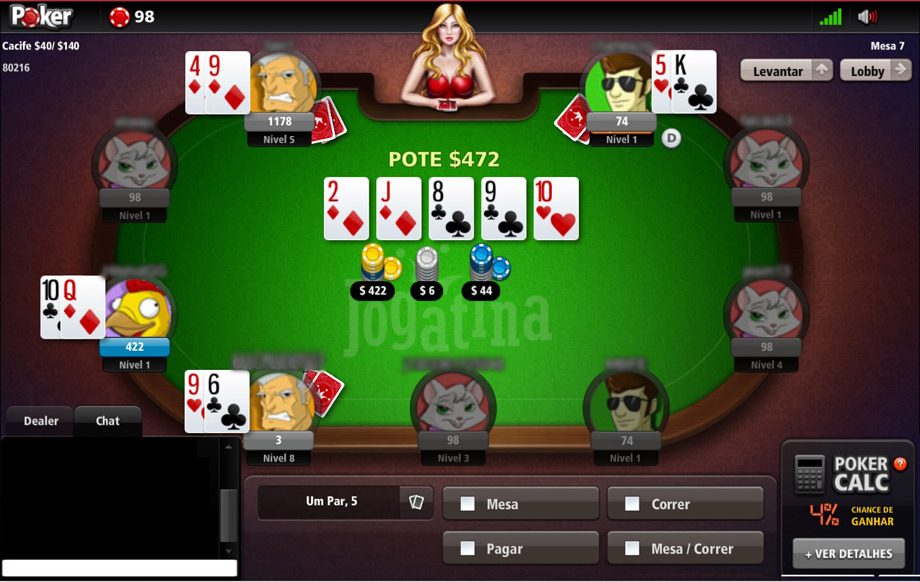They couldn’t be further apart, right? Today, these two intellectual opposites are increasingly blurring. Professional gamers from South Korea compete in front of television audiences of millions in multiplayer games like StarCraft to make a living. In online games like EverQuest 2, hundreds of thousands of virtual gold farmers in China, Vietnam, and elsewhere are paid an hourly wage to collect riches. In today’s world, companies are increasingly relying on gamers and other social networking members to perform real tasks like tagging search engine results and validating links. The disadvantage: these employees are paid in virtual currency.
It’s no surprise that some gamblers are claiming that the distinction between work and leisure will eventually be blurred. I’d rather not repeat my earlier assertion; instead, I propose to advance a further audacious notion: that it has never been feasible to tell whether one’s activity was work or play.
The meaning of work
The distinction between work and play, as well as consumption and creation, may be established by noting that activity is productive whereas fun or consumption is unproductive, even destructive since it consumes value generated through work. This belief was held by early economists such as Adam Smith and Karl Marx, but it is no longer accepted. Modern economists, on the other hand, find it to be incorrect. Toiling is not an activity that comes with any inherent value. Unless someone wants those rocks to be moved, moving rocks from pile A to pile B will be pointless. In fact, overzealous labor is not only ineffective but also harmful: consider the negative side effects of excessive bureaucracy, spam advertising, and boring holes in the sea floor that risk irreversible damage to our ecosystem.
Smith and others swiftly realized that economic value is created or willed into existence by consumers, who provide work purpose through their demand for a product or service. This is the subjective theory of value, which is how modern economists think about value. It is a productive act in that it provides pleasurable feelings to the player, who considers them valuable. It’s comparable to working for one’s own pleasure, and it may even benefit others involved in the same game or activity. Volunteering for good causes is another popular pastime. As a consequence, it’s difficult to tell whether one activity is more productive than the other by merely stating that one is productive while the other is not.
Follow the money?
Are there still any barriers to making the essential distinction that work is something that someone will pay you money for? Unless you’re prepared to declare that housework, subsistence farming and slavery aren’t real labour, but rather a form of fun. GDP does not include unpaid work due to the practical difficulty of measuring it, but this is regarded as a limitation of the indicators. Work that is unpaid in one country may frequently be part of the money economy in another, so a simple yardstick like payment would be meaningless. Even though you may consider them play rather than work, performing these activities like asinine gambling and participating in a game show may be financially rewarding.
So we’re finally at the end of the line when it comes to trying to tell apart work from fun. Even though both house chores and online games are voluntary activities for me, there is a significant distinction between them: I’d much rather play Crown of Byzantus than wash the dishes. In fact, conventional economic models depict the connection between work and leisure like so: play is preferred to work. To get you to forgo some play in favour of work, an employer must bribe you with something you wish even more (up to a certain limit): a higher salary, a flattering title, the potential of bonuses, and so on. Many individuals are ready to pay someone else to prepare their meals and clean their home in order to be able to work less and have more time.
Is it intuitive? The difficulty with this definition is that it is entirely subjective. If you enjoy your design job and dislike clubbing, this phrase implies that work is played while clubbing is a duty. While that is a unique way to think about your job, it indicates that this definition, like all the others, fails to provide us with any practical criteria for determining whether something is work or not.
Pass me the champagne, I’m working
The fact is that “work” and “play” are terms our society traditionally uses to describe activities. Some things are labelled as work, while others are labelled as play, and still, others have been given a different label. Labels have various connotations and moral values associated with them: for example, in today’s world, things that are labelled as “work” are typically regarded to be beneficial, regardless of their actual social contribution. Labels change as cultures evolve, just consider how the reputation of jazz musicians has shifted from dangerous subversives in the 1920s to high-brow entertainers in the 2000s. Professional gaming is now being regarded as a serious career choice in Korea, according to today’s news, while the World Bank is commissioning a study on gold farmers. Scholars such as myself have chosen to write about game economies, which has a legitimizing impact on the issue. It appears that the cultural lines between work and leisure are shifting. You will almost certainly be confused about work and play tomorrow if you are not concerned about it today!
Let me conclude with a vignette from Tokyo illustrating that not just the new born-digital occupations defy conventional ideas of work and leisure. Consider a club with a Shinjuku nightlife district as your backdrop, where you could talk with the ladies over champagne, cocktails, whisky and cognac – sounds like a great way to spend your leisure time? What if you were paid to perform it? What if, instead of paying for each drink, you were compensated more the more alcohol you consumed— would that still be considered play to you? If you’re running low on cash, don’t worry; just go get yourself another glass of Moët! This isn’t a pretend playboy’s fantasy, but it is a real problem for thousands of Japanese men. In host clubs, male dancers entertain wealthy (usually) young women while their bitches work as hosts. I would not advise it as a profession for anybody because it is tough on the liver and brain, but there are said to be enjoyable times!



